 |
Ching Ming Festival, and the Dragon Boat Festival, Mid-Autumn Festival and Spring Festival are called the four traditional Chinese holidays and have been included in the first batch of national intangible cultural heritage lists. They are also legal holidays in China.
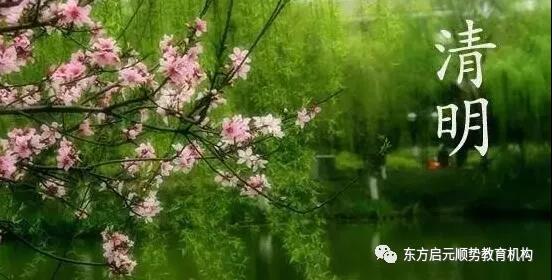
In the 24th solar terms, only Ching Ming is both a solar term and a festival.Cherish the ancestors, sweep the grave,followed the custom of Spring outingsl, insert willow branches, plant trees, fly kites...With the remembrance and yearning year after year, the excellent traditional culture of the Chinese nation continues to pass on.
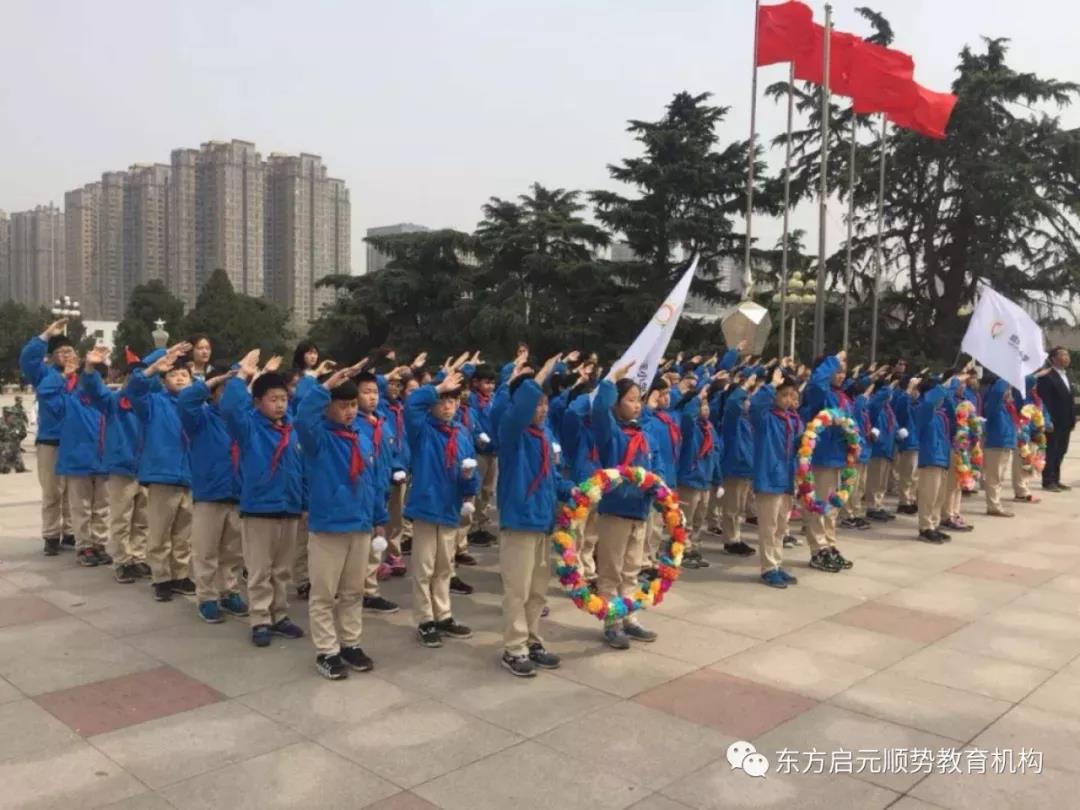
Ching Ming Festival is a multi-cultural festival.In different regions of China, Ching Ming Festival also has swinging, Cuju, silkworm flowers, shooting willow fighting and other rich folk activities.
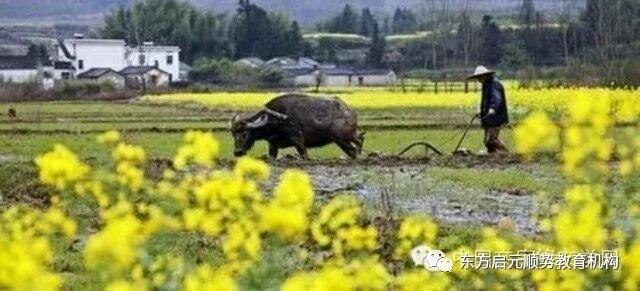
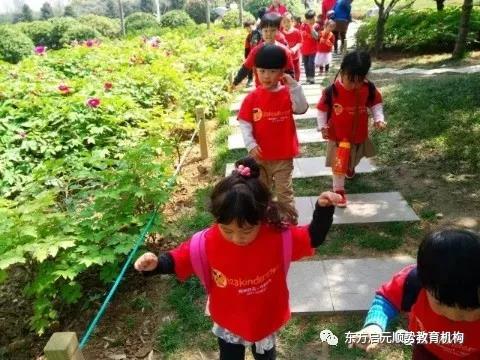
The ethical and cultural values of the Ching Ming Festival focus on “thanksgiving”. In all parts of the country, there are customs for the grave-sweeping graves, which mainly express our feelings for the ancestors, the sages, and the thoughts, admiration, and thanksgiving to the martyrs.
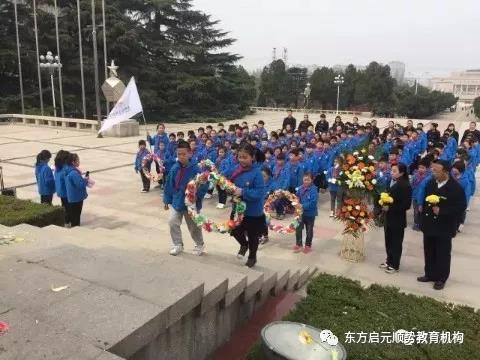
The Qingming Festival is popularly associated with Jie Zitui, who lived in Shanxi province in 600 B.C.
Legend has it that Jie saved his starving lord's life by serving a piece of his own leg. When the lord succeeded in becoming the ruler of a small principality, he invited his faithful follower to join him.
However, Jie declined his invitation, preferring having a hermit's life with his mother in the mountains.
Believing that he could force Jie out by burning the mountain, the lord ordered his men to set the forest on fire.
To his consternation, Jie chose to remain in the mountain and was burnt to death. To commemorate Jie, the lord ordered all fires in every home to be put out on the anniversary of Jie's death. Thus began the "cold food feast", a day when no food could be cooked since no fire could be lit.
The "cold food" festival occurs on the eve of the Qingming Festival and is often considered as part of it.
As time passes, the Qingming Festival replaced the "cold food" festival.
Whatever practice is observed,the basic observation of Qing Ming is to remember one's elders by making a special effort to visit their graves, ashes or ancestral tablets. To make the visit even more meaningful, some time should be spent to let young generation of family members know ancestors' past struggles and contributions, and the story of Jie Zitui who chose death over capitulation.
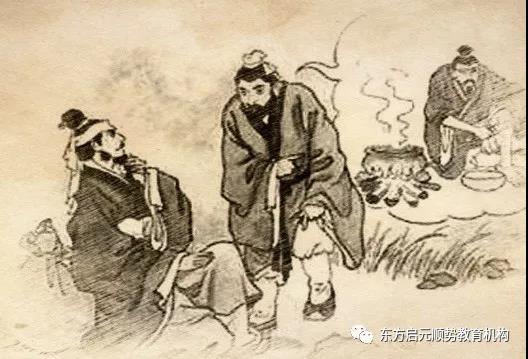
In this special holiday, we sought to commemorate the past, pay homage to our ancestors, cherish the memory of the heroic and gratitude, and lead our families out of the room and into the fields to feel the breath of rejuvenation, embrace the fresh and bright spring, adjust the body and mind, boost the spirit, and work hard. Think of the great dream of rejuvenating the Chinese nation and create a happier and better life!
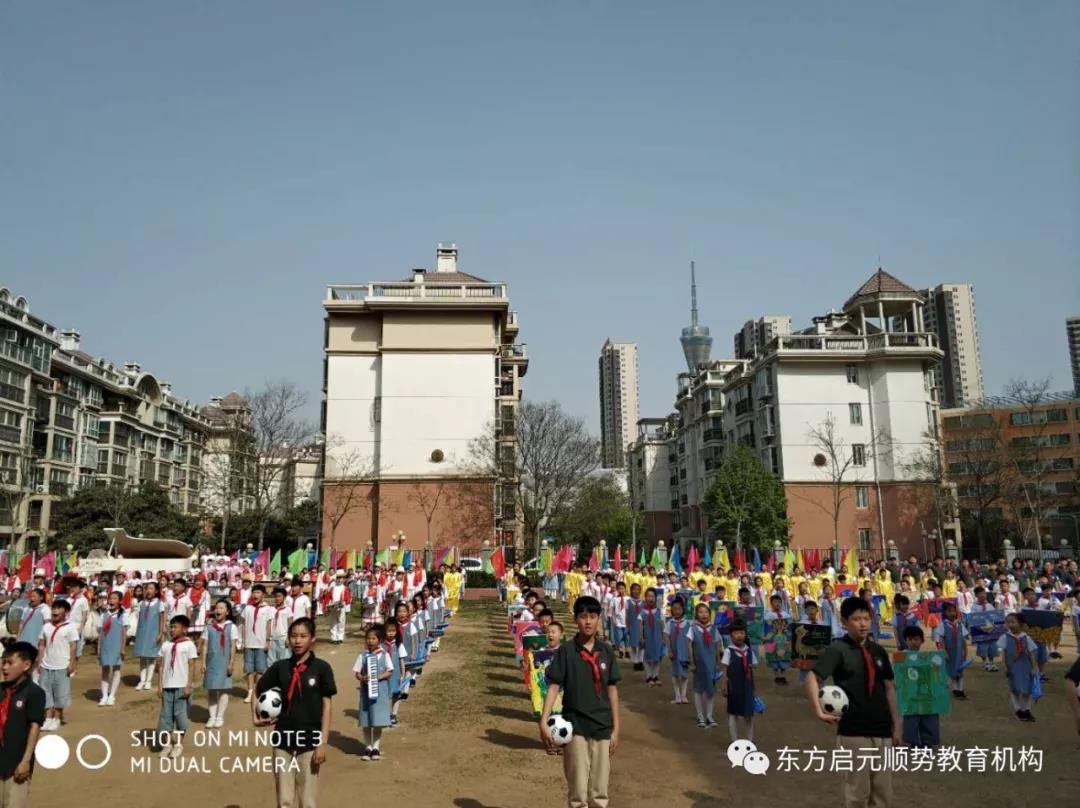
|
 |












